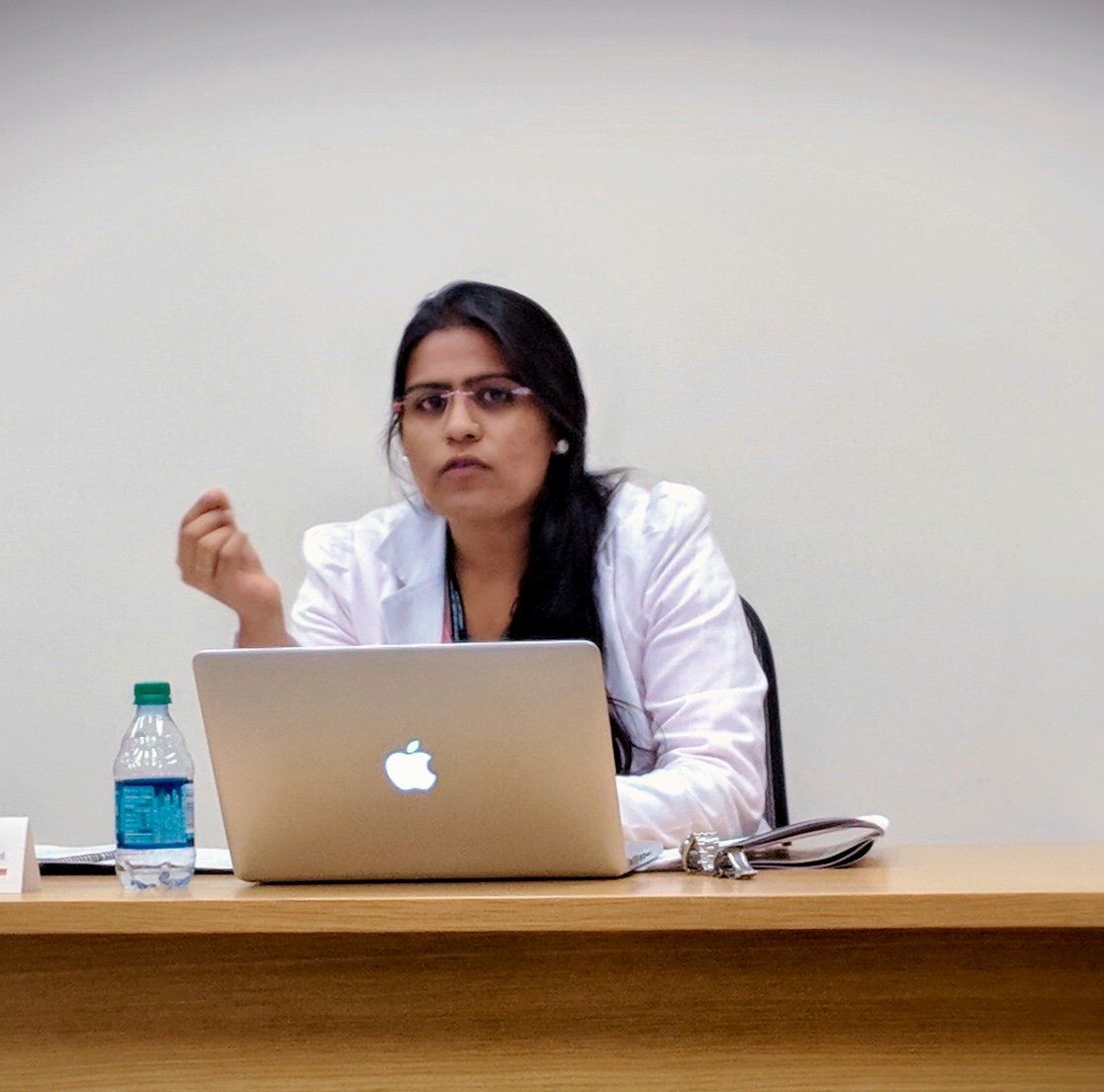Big Data & Antitrust
Research Program
Big Data
& Antitrust
We explore the conundrums of competition law in the digital sphere. Our commitment is to rethink antitrust policy and competition laws' interaction with other types of regulations while keeping pace with the latest technological developments. We endeavor to provide insight into normative and enforcement issues of data technology and competition law.
One of my favourite lines is by Leonard Cohen who once sang: 'there’s a crack in everything - that’s how the light gets in.' Even in markets that are dominated by big platforms, there are still those little cracks, where innovative rivals can squeeze into the market.
Margrethe Vestager
European Commissioner for Competition
Rethinking antitrust
We discuss the appropriateness of antitrust law from an approach that incorporates elements of data privacy, consumer protection and deep digital analysis.The unstoppable development of technology has not only changed the lives of people and the organization of societies, but has also meant the transformation of institutions and reshaping the regulations to adapt to new and challenging circumstances. Antitrust, like many other areas of law, needs to be rethought in such a context.
Itay Alon
Elmer Vergara
What is ?
Monopoly
A monopoly refers to when a company and its product offerings dominate a sector or industry. Monopolies can be considered an extreme result of free-market capitalism in that absent any restriction or restraints, a single company or group becomes large enough to own all or nearly all of the market (goods, supplies, commodities, infrastructure, and assets) for a particular type of product or service. The term monopoly is often used to describe an entity that has total or near-total control of a market.
Open market?
“Open market is predicated on the idea that if a company harms people, consumers, workers and business partners, we will choose another option. We are here today because that choice is no longer possible.”
Senate Hearing of Big Tech on Antitrust, U.S. Representative David Cicilline, Chairman
1.49 billion
In 2019, the European Commission has fined Google €1.49 billion for breaching EU antitrust rules.
Kurenai Chen
Taras Chernenko
Data driven mergers
We look at data-driven mergers and its adverse effect on competition, especially the possibility of the aggregation of data to hinder market entry, and the chilling effect on innovation. This refers to the possibility that mergers between an upstream market player with a large data set and a downstream user of such data result in foreclosure of other downstream players who require access to this data to compete.
Katharina Schossow
What is ?
Abuse of dominant position
Abuse of a dominant position occurs when a dominant firm in a market, or a dominant group of firms, engages in conduct that is intended to eliminate or discipline a competitor or to deter future entry by new competitors, with the result that competition is prevented or lessened substantially.
Jane Dela Rosa
Innovation vs. monopoly
Big Tech represent the meeting point where regulation, innovation and social concern coexist. While they innovate in offering products and services consumers love to use, at the same time, they have opened a possibility to harm consumer rights and to hinder competition while impacting other types of rights protected by different legal frameworks.
Ozgen Cizmeciogullari
Aggregators as data vaults
Aggregators allow massive flows of data through API (application programming interfaces) interaction and can eventually become a threat to consumers (e.g. abusive contractual terms, violations of privacy) and to competitors (e.g. when aggregators also have control of a platform). An aggregator business model may also allow other markets to target their users (e.g. marketing through social media) with unique data-inputs.
Our Work

By Gözde Diktas
•
21 Sep, 2022
Competition authorities’ frequently obtain information and documents which may be used as evidence in the context of undertakings. Such information could reveal sensitive concerns that are protected under the legal institution known as “attorney-client privilege”. At this point, whether the information arising during the inquiries of the authorities can be protected by this framework of confidentiality has a special importance. As it will be explored in this article, the question on whether the confidentiality principle is violated while competition watchdogs perform on-site inspections, or if such an inspection may entail a disclosure of sensitive information of a client, need to be further discussed. This brief analysis will be framed for the national scopes of both Turkey, and Ukraine.
By Marco Schmidt
•
21 Sep, 2022
This article is a follow-up to “Showdown Down Under?” which was published here last year. As our cycle aims to explore jurisdictions outside the EU and North America, we will further dive into Australian competition law by outlining its basic structure, introducing the relevant actors and give an insight into the pursued policies in the realm of digital markets with a particular focus on “ad tech”.
Our Crew
Join Us Aboard
To solve global challenges we need interdisciplinary and diverse research teams. We offer a safe haven for digital castaways, creative sailors and curious explorers. Do you share the same passion for making our digital society just, democratic and
fair while guaranteeing innovation?







